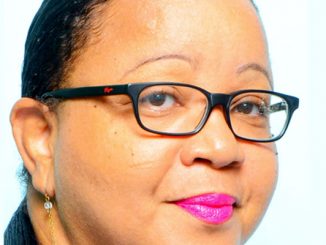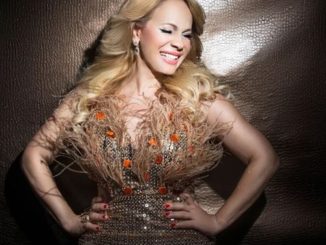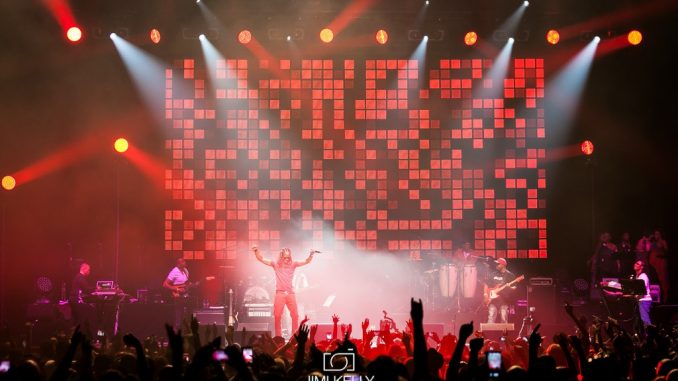
At the end of this year, Didier Daly, known as Daly, will release his 4th album, “#OMG”. This new CD will not escape the eclectic musical taste which the Guadeloupean artist has accustomed us for more than 20 years. Having gained success as a singer, an actor and a producer, in 2011, Daly joined the community arena in Raizet, the district where he spent his childhood, with “Tout est Possible” in order to bring happiness to others and to tell young people they have to believe in their dreams. The positive results of his association led the municipality to appoint him “Ambassador, in charge of the social and cultural integration of young people in the city of Abymes”.
Kariculture.net met Daly at the Social and Cultural Centre of Raizet, his workplace.
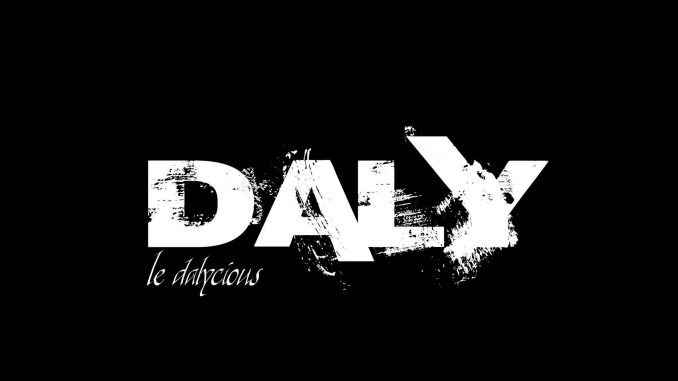
KARICULTURE.NET: Why did you choose Daly as stage name?
Daly: When I was young, my tagger name was “Axion”. In middle school, they always called me “Daly”. In fact, when some friends said that they were with “Didier”, they asked them which one because there were several boys whose first name was also “Didier”. They added “Daly” so this habit of calling me by my last name stayed. Early in my career, my stage name was “Dalee” (I had changed the spelling) and then I used my real last name “Daly”.
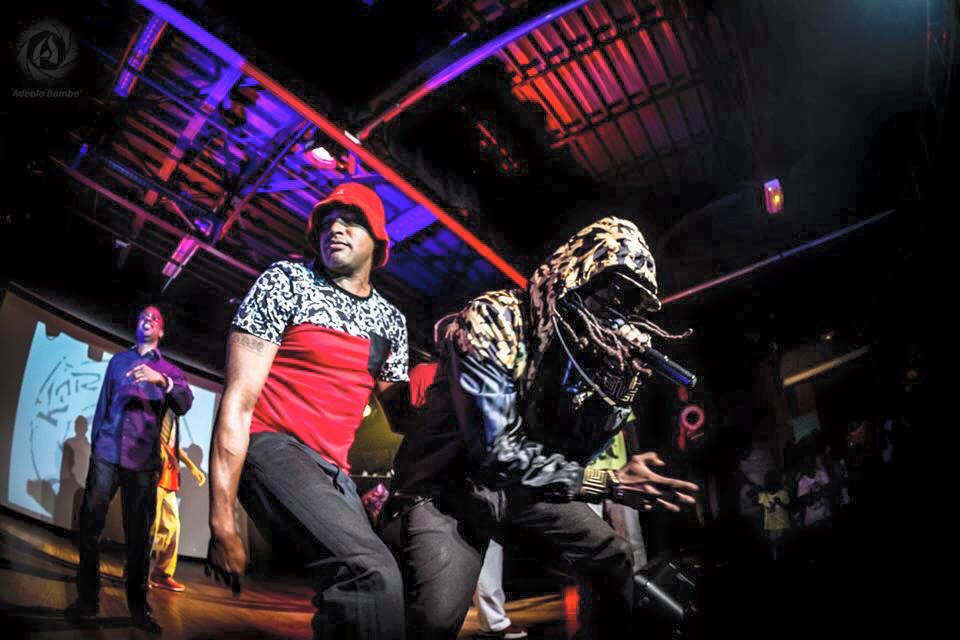
KARICULTURE.NET: How did you become a singer? Why did you choose urban music to express yourself? Why didn’t you prefer zouk, one of our national musical rhythms?
Daly: I did not choose music, music chose me. I started my career as a hip-hop singer (I rapped) when I was 18. At first, I wanted to become a disc jockey (DJ) but I had to give up this dream because the turntables and vinyl albums were too expensive. I first corrected the texts of my friends who already sang then, I began to sing. I stayed “around” Karukéra Crew, I made the “backs”. The first text I performed in free-style on a local FM radio (Radyo Tanbou) was very well received so I persevered. Then, we created “La Horde Noire” and that is when it all started with the song “Mi la sa ka bay”.
But, I am an eclectic artist, I am open to all musical influences. When I found myself alone in music, I continued my solo career.
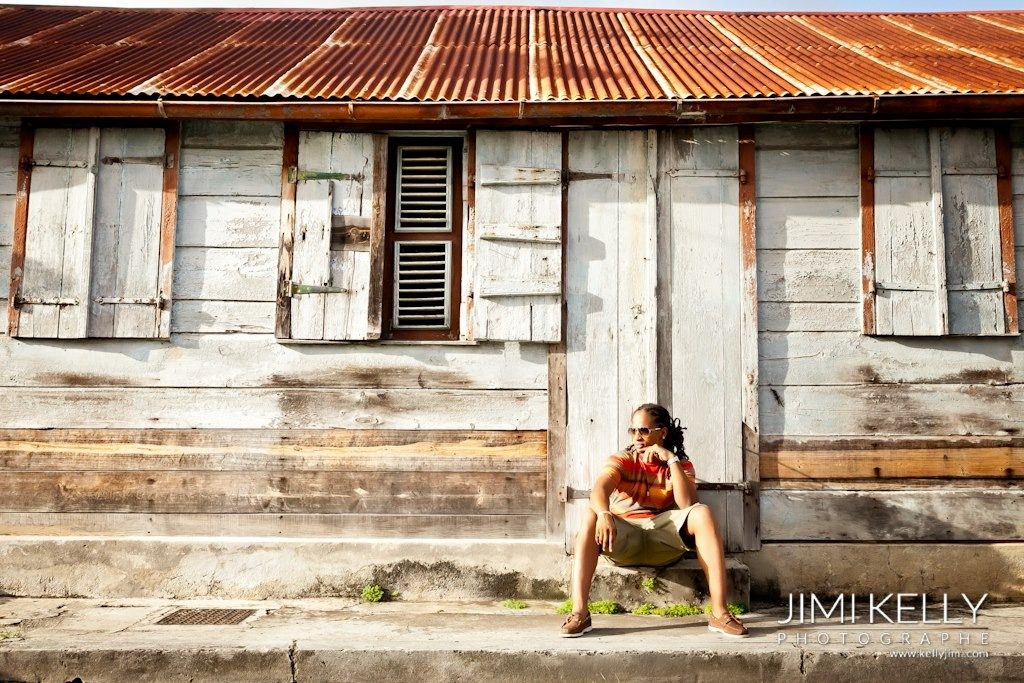
KARICULTURE.NET: Don’t you think dance hall music can go out of fashion in the future and it is necessary to change? This music was created in Jamaica, a Caribbean island that constantly innovates in music…
Daly: I’m not a dance hall artist. I am just an artist. My music is mixed, it’s a mix of dance-hall, rap, house (etc.) but I keep my local foundation, I am immersed in my Guadeloupean culture.
I do not think dance hall music can disappear just like that because it is the little sister of reggae that has existed for years…
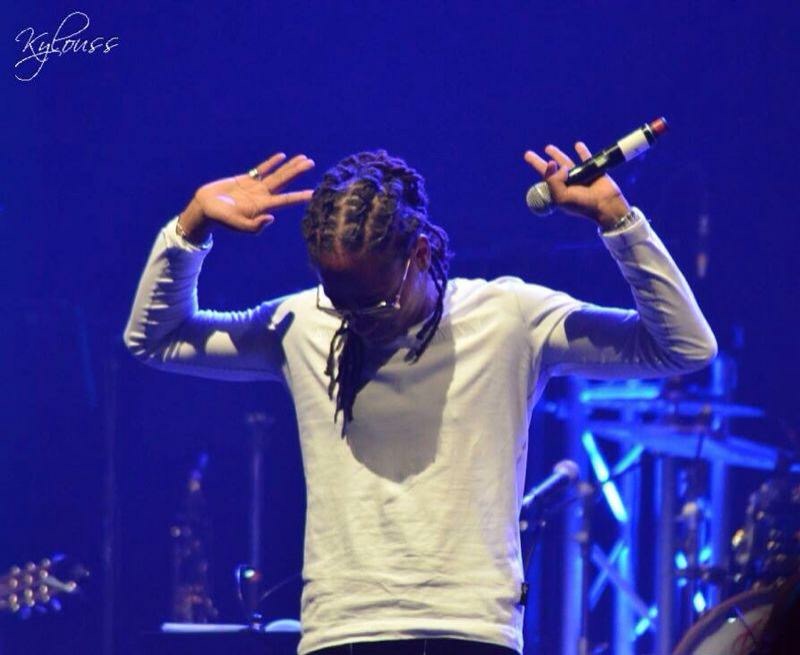
KARICULTURE.NET: Can we talk about “robery” when musical rhythms are reproduced, copied?
Daly: Today, music has become globalized, music is exported, people travel, there many exchanges. I think we cannot speak so much about “robbery”. Music is enriched with all kinds of rhythms. Many major international stars played dance hall (like Rihanna, for example) or other musical rhythms but they do not say it…
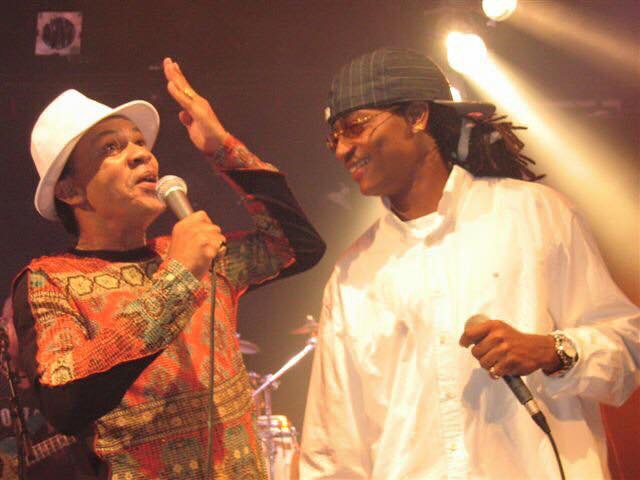
KARICULTURE.NET: In 2004, Patrick Saint-Éloi, “The King of Zouk-love” or “The Prince of Zouk”, collaborated on your song “Twop”. How did your meeting go with this monument of Guadeloupean and Caribbean music?
Daly: My meeting with Patrick Saint-Éloi was really natural, as simple as the person. We already met in concerts or in the house of the bassist Frédéric Caracas and I always told him that one day I would make a sound with him. One day, I phoned him and told him I had found the sound. He was leaving Frederic’s house and he told me he was coming. At the time, I lived with my mother in Raizet; a few minutes later, he was there, we met in the car park of the building, he listened to my sound and he told me: “OK, I’ll see in the studio!”
Between Patrick Saint-Éloi and I, there was a great fraternal friendship. He taught me sharing, communion and respect. I miss him as everyone misses him but he continues to live because his music will last forever. It may not be well known but a lot of great international musicians know Patrick Saint-Éloi and have already listened to his music. It is we, in Guadeloup, who do not recognize our value. When the great musician Miles Davis said in 1989 that zouk will be an important music in the future, you have to hear what he said…

KARICULTURE.NET: In 2009, you worked with Orlane, the zouk singer from Réunion island who has been living in Martinique for many years. Why did you accept this collaboration?
Daly: Since I am an open artist, my music is, as I said, eclectic, I had no problem working with Orlane. Because we have the same dynamic of sharing, this collaboration was also natural. She asked to my sidekick of that time – Staniski – and me to write a song for her and me. With this song entitled “Trèves de Bavardages”, we performed on various stages together…
In addition to being a talented singer, Orlane is an amazing person and we are still in touch.
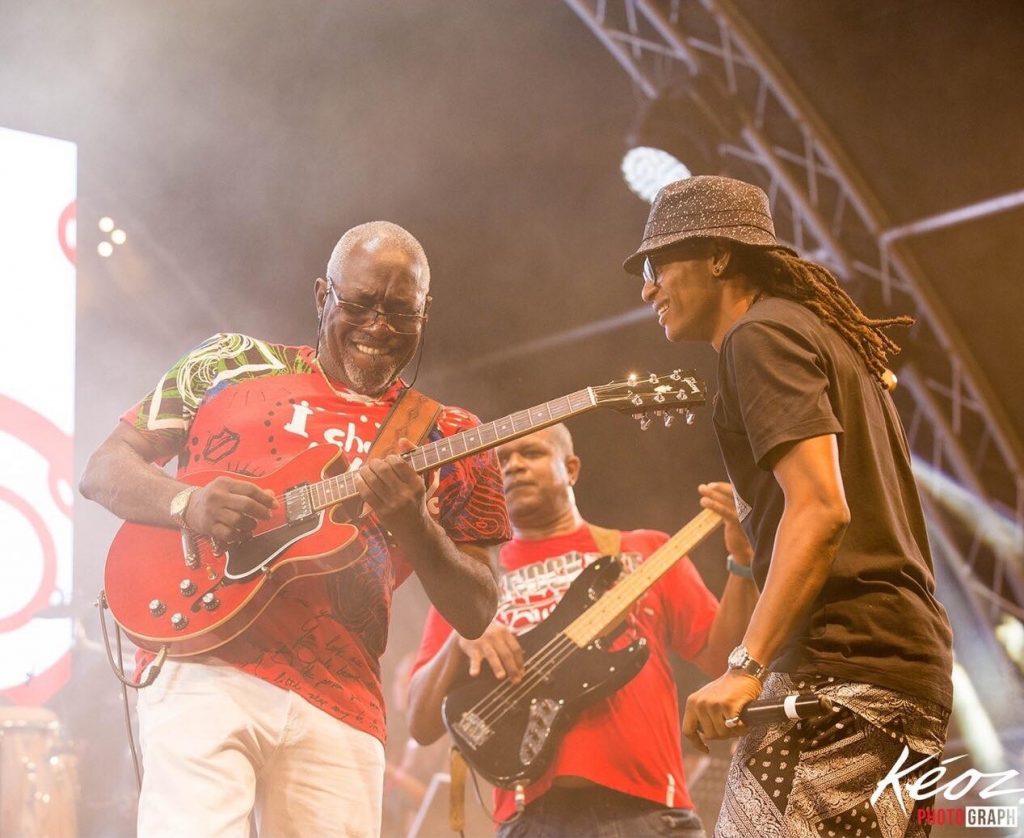
KARICULTURE.NET: How did you feel about this musical career, today? Did you have advantages? Disadvantages?
Daly: Above all, I’m a music lover. Being a well-known artist is an advantage, but it can also create disadvantages. When you’re famous, you cannot do everything because people watch your actions. You become accustomed to this notoriety. However, as an artist, thanks to this notoriety I was able to create my association and to have people with me. Today, if I am recognized for the work I do as an artist, so much the better.
Work is like a puzzle with various pieces to create a painting. Everything is imbricated. This is how I characterize what I’m doing. Everything has meaning.
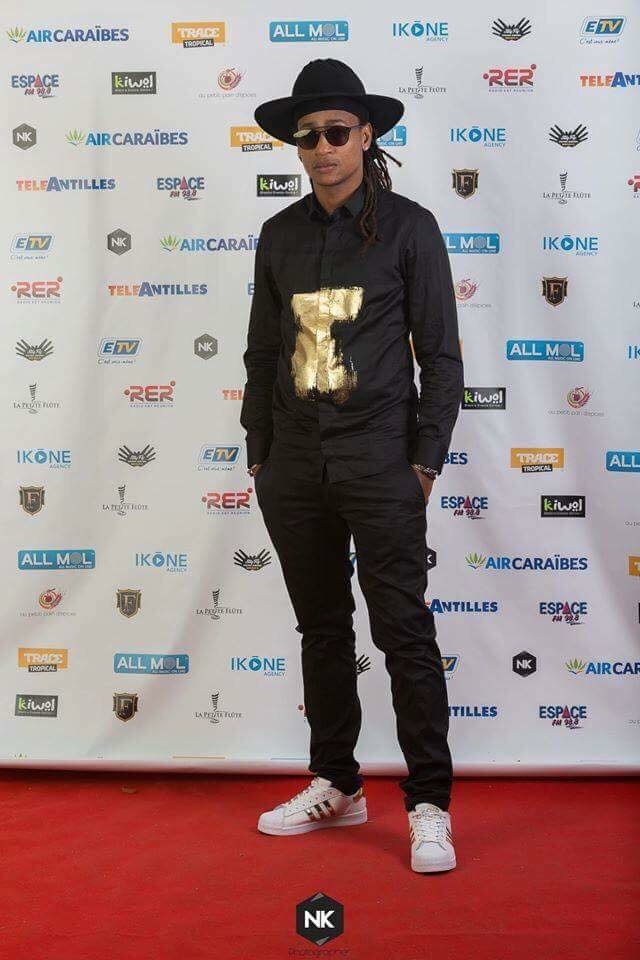
KARICULTURE.NET: You also acted (with the singer Admiral T) in a successful film – “Nèg Maron”, released in 2005 – by Guadeloupean director Jean-Claude Barny, produced by Richard Magnien and Mathieu Kassovitz. What do you think of this cinema experience? Would you like to play again in a feature film?
Daly: Music is the center of everything that happens in my life. All that I was able to accomplish, until now, was possible thanks to music that chose me. I was in a movie thanks to music.
In 1998, I met the Guadeloupean director Jean-Claude Barny while we shot the first video clip of “La Horde Noire”. Then, he approached me to write the character of “Silex” and that’s how I acted in the film “Nèg Maron”.
Certainly, I would like to be again in the movies but if it is possible, it will be through my personal projects; we have on-going projects.
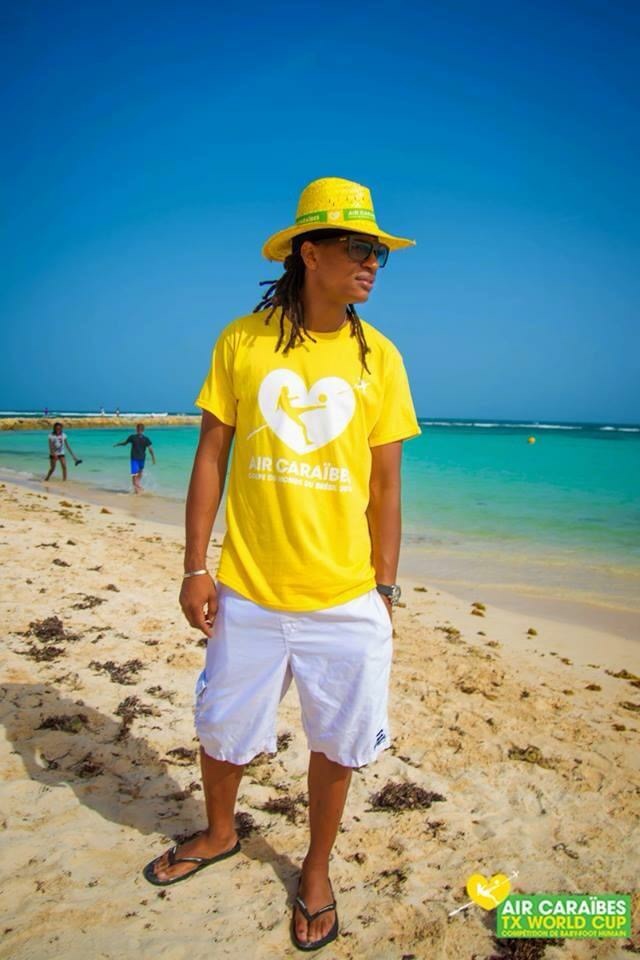
KARICULTURE.NET: Unlike many of our artists, you did not leave your island to move permanently to France in order to have a career. You stayed in Guadeloupe, you work where you grew up, Raizet. Why this choice?
Daly: I left Guadeloupe at the very beginning of my career in 1999, and then I came back home. Why leave such a beautiful country as Guadeloupe to hide my poverty somewhere else? Here, I may not have money in my pocket (I have had that experience) but I am sure I will eat. Why leave my country, Guadeloupe, and leave my place to somebody else? I’m realistic, I do not like to delude people with illusions. When you leave, after the “drum is calling” and you want to come back…
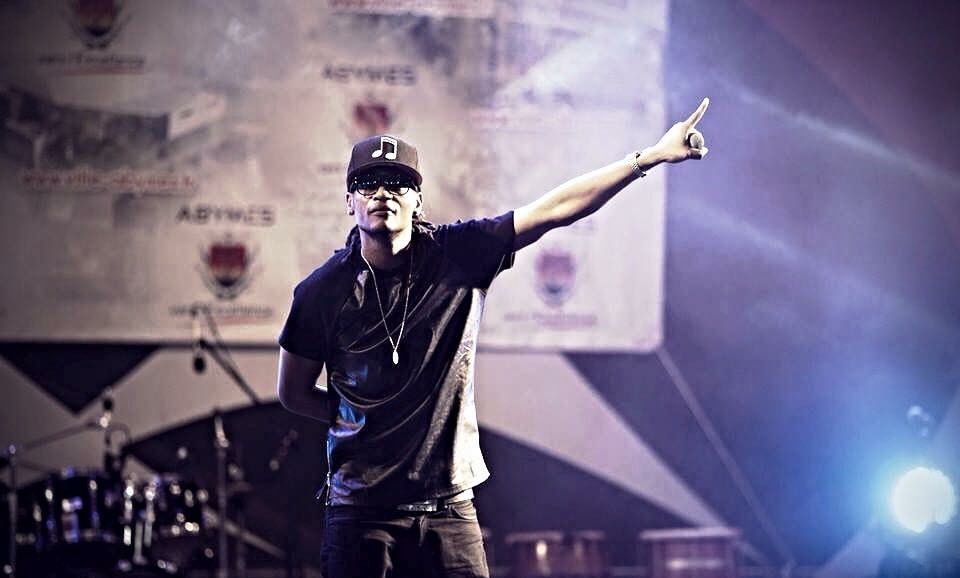
KARICULTURE.NET: In addition to your artistic career, you work for the city of Abymes in the area of integration. What exactly is your mission?
Daly: I am an “Ambassador, in charge of the social and cultural integration of young people in the city of Abymes”.
For me, it is an honor to fulfill this mission. The Mayor, Mister Éric Jalton, during the last municipal campaign, said that if re-elected, he would appoint me “Ambassador”, I confess that I really didn’t believe it but after the election, he kept his promise. The Mayor first apreciated the quality work that we do in the association “Tout est Possible” and he wanted us to do it at the city level.
A lot of young people from the city of Abymes come to see me. They phone me, they meet me outside, they send me their resume but it is imperative that I receive them at the Social and Cultural Centre of Raizet. I have a long conversation with them about their expectations. Some left school and are looking for a job or training, others come out of prison and they want to find solutions to their difficulties.
They come to me because there are results. I do not have a passive role, I make many interventions to allow their integration and I have to follow them.
It’s hard to tell a young person: “There is nothing”. For me, there is always something to do; there is no job today but there is a training course or something else. I am in contact with the temporary work agencies and companies. When I advise them to hire a young person, they know that I have already discussed with him, identified his personality, in short, I have already done a preparatory work. Of course, that does not prevent failures, young people who decide to stop a training course or to leave a job due to personal reasons.
But the results can be seen: thanks to my action as an ambassador, the city of Abymes has already achieve employment integration for very many young people.
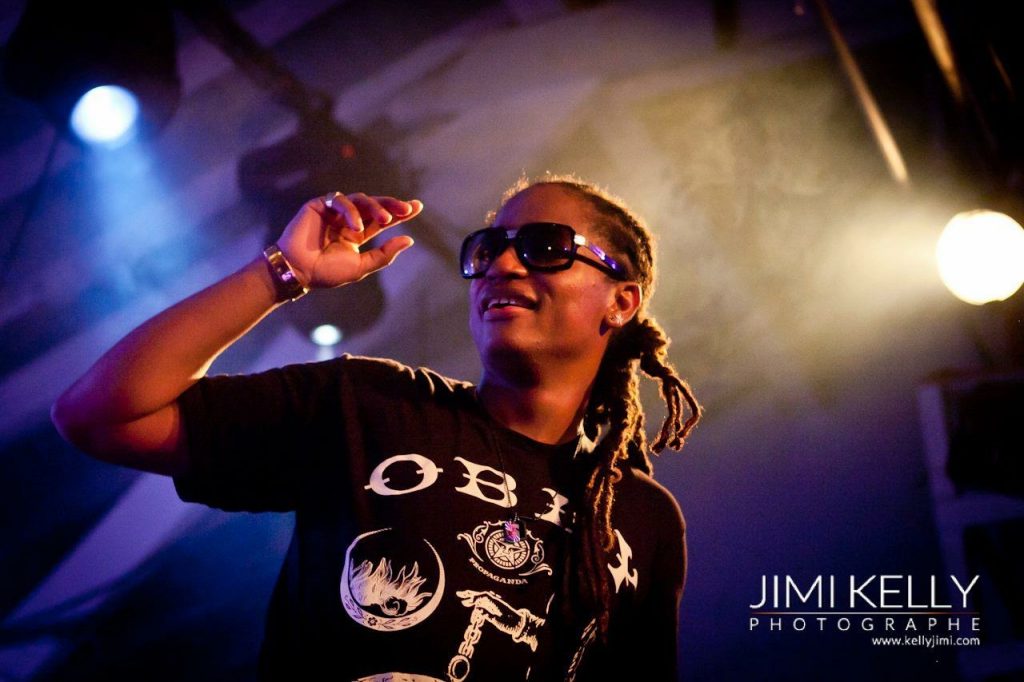
KARICULTURE.NET: Your association called “Tout is Possible” allows, among other things, young people to become integrated into Guadeloupean society. Why did you decide to create it? Can you give us some projects realized since its creation?
Daly: The association “Tout est Possible” was created in 2010. The choice of name brings positivity. You just have to believe in yourself to realize your projects, your dreams. This concerns me directly: everything was possible because I believed it. When I was a boy in this neighbourhood, I saw people who came to sell us the dream and I always told myself that when I can, I will give back what I received when I became an artist. I met some people I told about my project, they advised me to create an association. Before, I had never belonged to an association so I inquired to find out how to create it. In the beginning, we were only three people: my mother (treasurer), my neighbor (secretary) and me as president. Our objective was to bring happiness to people, to show our youth that things are possible.
Our first project was “Rires et Chansons” realized on June 21, 2011 at the Baie-Mahault prison centre. On the occasion of the “Fête de la Musique”, we managed to organize a real live concert with musicians for the prisoners.
Then, we realized “Vizit an Mizik”, on June 21, 2013, at the Pointe-à-Pitre / Abymes Hospital Center and on June 21, 2014, 2015 and 2016 at the Maison de l’Enfance. In December, 2013 and April, 2014, the association set up the project called “Boost” to allow young people to discover the audiovisual professions in two months.
Today, we continue to train young people in the audiovisual sector.
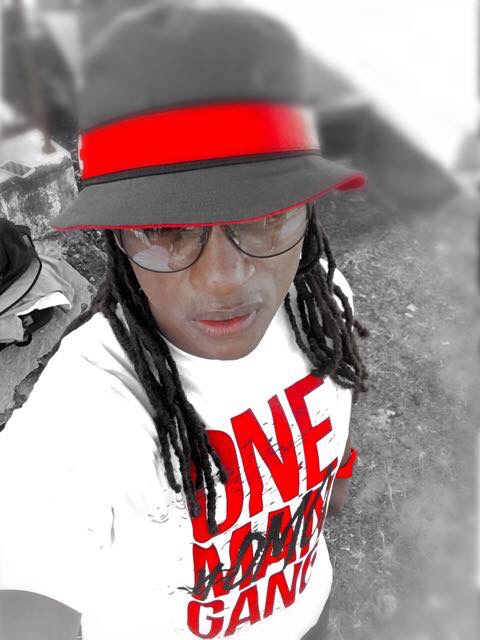
KARICULTURE.NET: What are your musical projects? Do you prepare a new album ?
Daly: My next album will be released at the end of this year. It is eclectic but with a hip-hop fundation. It’s called “# OMG” which means “One Man Gang”.

